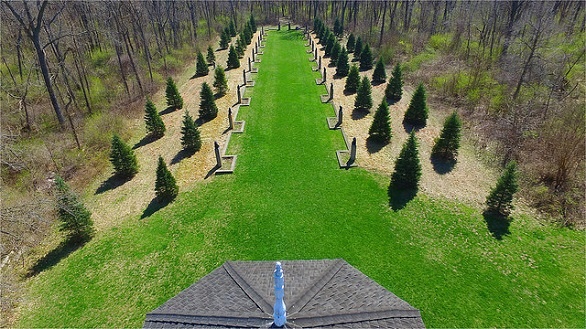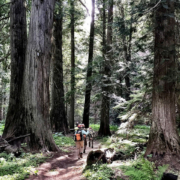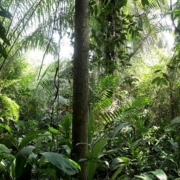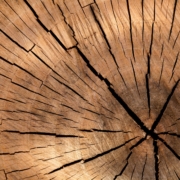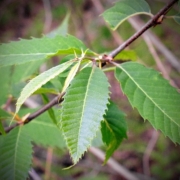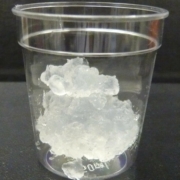The Future of Forestry
The Future of Forestry
Sustainably managed forests sequester carbon from the atmosphere and ensure there will always be a supply of the lumber products available for our needs. North American harvesting practices are far from being universally accepted due to limitations in developing countries, however, advancements in technology have innovated industry practices that could speed up this process. As more countries certify their forests through their local non-profit forest certification program, they could use those technologies to increase their operational efficiencies.
Computer Simulation Programs
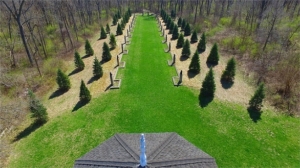
Aerial photographs using DJI Phantom 3 pro camera drone. Photograph by Flickr, distributed under a CC-BY 2.0 license
Computer simulation programs help foresters adapt their management practices to changing conditions within forests. Weather conditions like warmer weather and drought could slow a forest’s rate of recovery from forest fires and clear cuts.
Scientists have developed mathematical calculations to make predictions about how forests will recover from events like forest fires. Interestingly, they have used drones to illustrate corresponding visualizations. One simulation program, LES, with the help of the U.S. Forest Service flew drones over a forest taking pictures. As one of its creators Jean Lienard states, “We use this data to develop 3D models that have real distributions of space and ecological features.” That data helps them make predictions about how forests will react to changing weather conditions and other events.
Using Drones in Forestry
In recent years, drone technology has deepened our understanding of forests and allowed for better forest management practices. When used with sophisticated software, images collected from drones improve operational forest planning, assess inventory, monitor illegal activities, assess an area’s health, and allow land owners to quickly respond to weather damage.
Drones also help with reforestation. Replanting forests by hand has always been a time consuming, expensive, and arduous task; but drone technology offers a unique solution to address these problems. They can be equipped with seed pods and fly over an area and drop seedlings. The opportunities for drones to improve sustainable forest management practices are plentiful.
Future of Forestry
The future of North American forestry is optimistic. Forests sequester carbon from the atmosphere and play an important role in removing greenhouse gases in the atmosphere. North American harvesters have developed methods that reduce their carbon footprint during the harvesting process, demonstrating their commitment to the cause.
United Nations member states in developing countries could look to North American practices to implement best strategies. Many obstacles must be overcome in order for the world’s forests to be certified. Moreover, the international community appears supportive and technological advancements could streamline some of these tasks. The future of forestry will likely include computer software and drone technology to improve replanting efficiencies and continuously monitor forest health.
Resources
This concludes the last of a five-part series on forests and climate change. Previous article topics are listed below:
The Carbon Cycle
How Foresters Limit Their Carbon Footprint
How Forest Certification Non-Profits Were Born
REDD+ and UN-REDD

